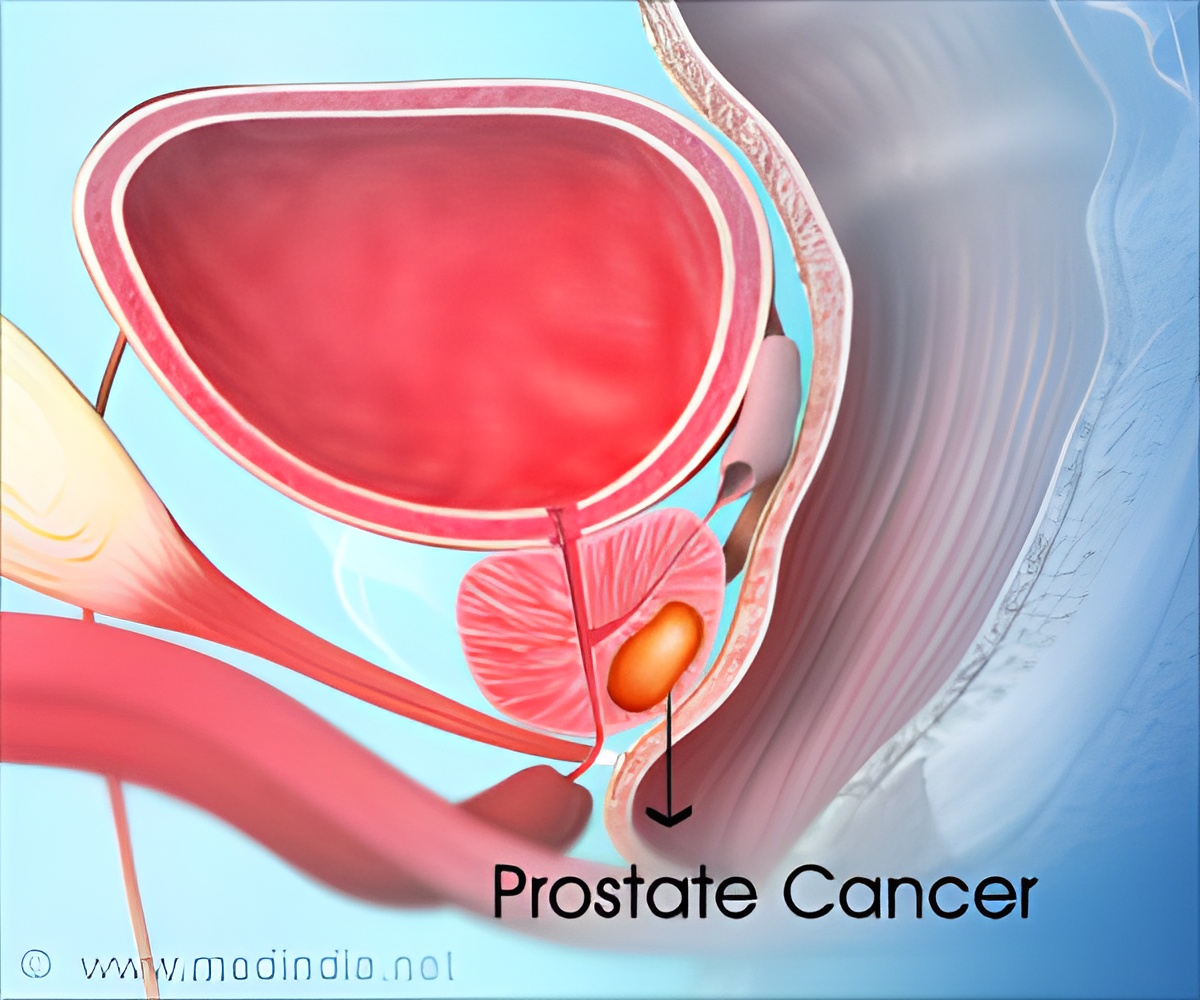A combination therapy of drugs, surgery, and radiation may show early promise for the treatment of metastatic prostate cancer, reveals new study.

- Metastatic prostate cancer that spreads to other parts of the body is considered to be incurable.
- A combination of drug therapy along with surgery or radiation can be promising in eliminating the metastatic prostate cancer.
About one-fifth of the patients who were treated with the combination therapy had no detectable prostate-specific androgen (PSA) and normal blood testosterone after 20 months.
The study results suggested that men who were previously considered incurable can be cured. A number of drug combinations are being used in conjunction with local treatment of prostate to determine the best approach.
Howard I. Scher, MD, Chief of the Genitourinary Oncology Service at Memorial Sloan Kettering Cancer Center in New York City, said, "The sequential use of the three different modalities helped illustrate the role and importance of each in achieving the undetectable PSA with normal testosterone level end point, which represents a 'no-evidence of disease' status."
However, a longer follow-up is required to find out whether these patients were in fact cured.
The research study was conducted on twenty men with metastatic prostate cancer and five with extra-pelvic lymph nodal disease and around 15 with a bone metastasis and either with or without a nodal disease.
The patients were treated with androgen deprivation therapy (ADT), radical surgery which included a retroperitoneal lymph node dissection and radiation therapy to visible metastatic lesions in the bone.
The surgery treatment was well tolerated. Matthew J. O'Shaughnessy, MD, PhD, Urology Service, Department of Surgery, Memorial Sloan Kettering Cancer Center, commented that, "While the role of local therapy in metastatic prostate cancer is still under investigation, aggressive resection of visible disease performed by experienced surgeons was critical to the outcome."
Study Findings
Out of the five patients with extra-pelvic lymph node involvement, four of them had undetectable PSA after ADT and surgery. While the fifth, may require radiation to reach the milestone.
It is to be noted that none of them had achieved a primary endpoint of undetectable PSA with testosterone recovery at 20 months after initiation of therapy with ADT alone. Even though one of them had a PSA of <0.5ng/mL with a testosterone level of 47ng/dL at 39 months.
Out of the 15 patients with bone metastases, 14 of them reached an undetectable PSA when ADT, surgery and radiation were used. Of these, four of them reached an end point <0.5ng/mL and serum testosterone of >150ng/dL at 20 months after the beginning of ADT that remained undetectable in two patients for 27 months and 46 months respectively.
Oliver Sartor, MD, Cancer Research, Department of Medicine and Urology, Tulane University School of Medicine, New Orleans, LA, stated, that the end point deserves special mention as the undetectable PSA after testosterone recovery was rarely studied.
The study proposed that the end point may serve as a first step in establishing the paradigm. The effect of longevity is essential to prove the ability to cure. The research team are to be congratulated for setting a curative paradigm which can assess the possibility of cure in a specific period of time.
Dr. Scher, said, "A multimodal treatment strategy for patients who present with disease that is beyond the limits of curability by any single modality enables the evaluation of new approaches in order to prioritize large-scale testing in early stages of advanced disease. The end point also shifts the paradigm from palliation to cure."
The upcoming Phase 2 trial will further test the endpoint in a combined diagnostic approach.
References
- Matthew J. O'Shaughnessy, Sean M. McBride, Hebert Alberto Vargas, Karim A. Touijer, Michael J. Morris, Daniel C. Danila, Vincent P. Laudone, Bernard H. Bochner, Joel Sheinfeld, Erica S. Dayan, Lawrence P. Bellomo, Daniel D. Sjoberg, Glenn Heller, Michael J. Zelefsky, James A. Eastham, Peter T. Scardino, Howard I. Scher. A Pilot Study of a Multimodal Treatment Paradigm to Accelerate Drug Evaluations in Early-stage Metastatic Prostate Cancer. Urology, 2017; 102: 164 DOI: 10.1016/j.urology.2016.10.044
Source-Medindia









![Prostate Specific Antigen [PSA] Prostate Specific Antigen [PSA]](https://www.medindia.net/images/common/patientinfo/120_100/prostate-specific-antigen.jpg)




